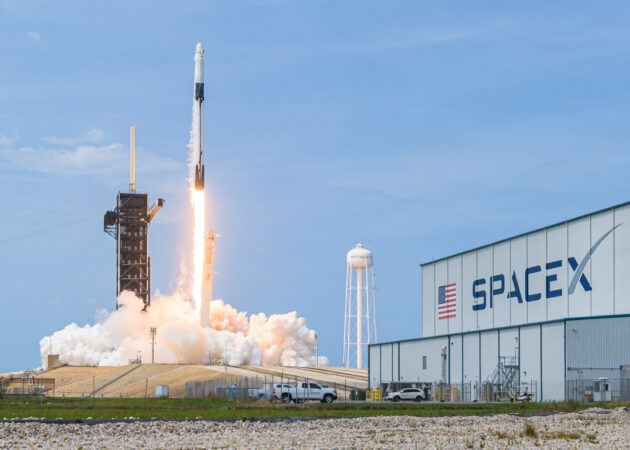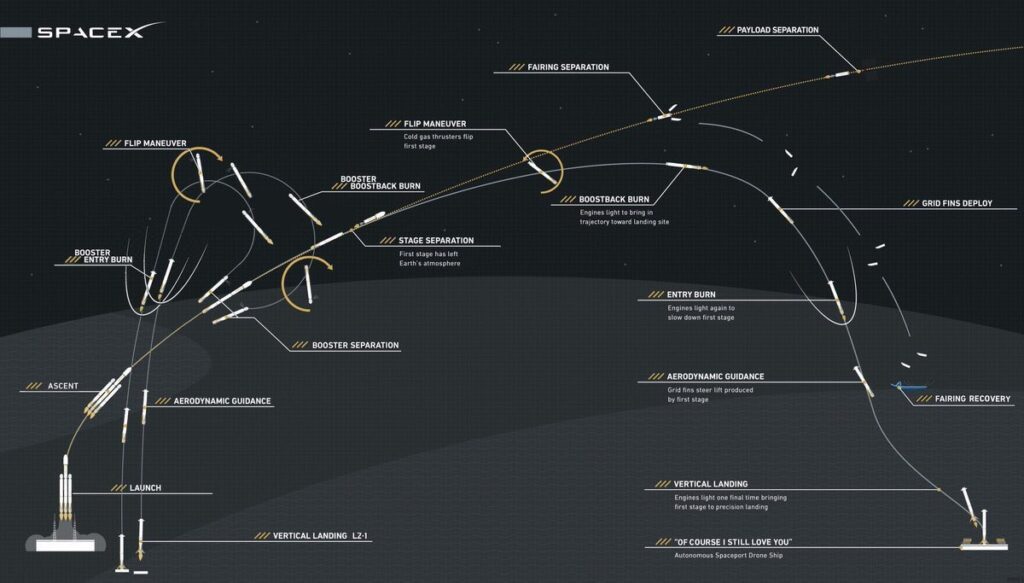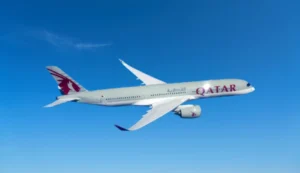SpaceX Delays Starlink Satellite Launch Due to Last-Second Abort
SpaceX’s planned launch of 22 new Starlink satellites faces delays following a last-second abort at Cape Canaveral Space Force Station. A new launch date is pending readiness of the Falcon 9 rocket.

Photo Sourec: https://cdn.geekwire.com/
SpaceX encountered a setback in its mission to deploy 22 new Starlink broadband satellites from Cape Canaveral Space Force Station. The Falcon 9 rocket, scheduled for liftoff on June 14, experienced a last-second abort, prompting the delay of the launch. SpaceX has not yet announced a new launch date, pending readiness assessments of the rocket.
Originally planned for Wednesday and then postponed to Thursday due to adverse weather conditions, SpaceX aimed to utilize a backup launch window on Saturday if necessary. The mission, which involves the 16th launch and expected landing of a reusable Falcon 9 booster, marks a significant milestone in SpaceX’s commitment to satellite deployment and space exploration.
The Falcon 9’s upper stage will be responsible for placing the 22 Starlink satellites into low Earth orbit approximately 53 minutes after liftoff, continuing SpaceX’s efforts to expand its global broadband coverage.
Originally scheduled for liftoff on June 14, with earlier attempts delayed due to adverse weather conditions, SpaceX’s efforts remain focused on achieving a successful launch. The mission not only aims to deploy additional satellites for its Starlink broadband network but also represents another milestone in SpaceX’s extensive experience with reusable rocket technology.

The Falcon 9 booster, if successful in landing back on the droneship Just Read the Instructions in the Atlantic Ocean, will mark its 16th landing. This achievement highlights SpaceX’s strides in reusability, a cornerstone of their strategy to reduce costs and increase the frequency of space missions.
As SpaceX continues to innovate and expand its capabilities in satellite deployment and space exploration, the delay serves as a reminder of the technical complexities and challenges inherent in pushing the boundaries of aerospace technology. Each launch contributes valuable insights and advancements towards future missions and the broader goals of enhancing global connectivity through satellite networks.
The delay underscores the complexities and challenges of space missions, highlighting the meticulous preparations required for successful launches in the dynamic field of aerospace technology.






